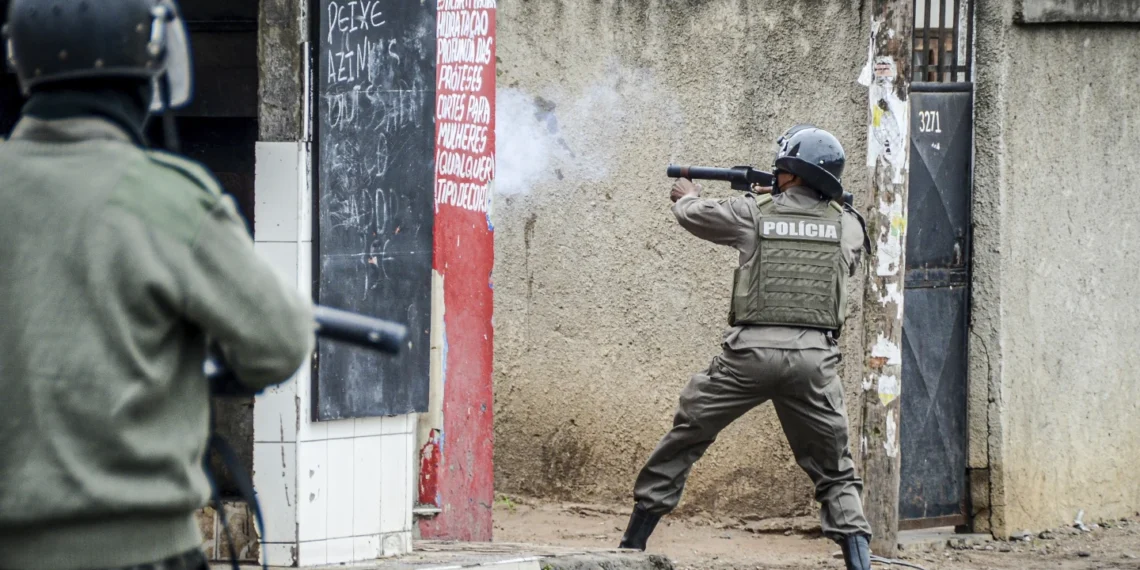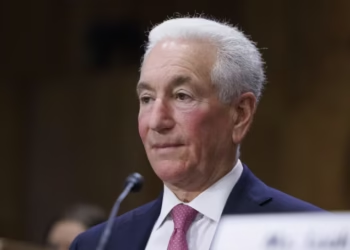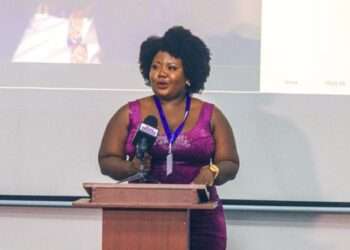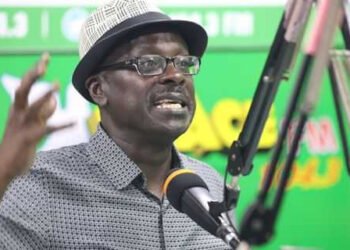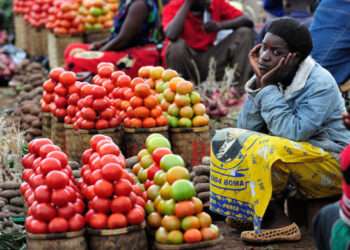South Africa temporarily closed its border with Mozambique on Thursday, November 7 following an eruption of post-election violence that escalated into confrontations between demonstrators and police.
Authorities have advised South Africans to avoid non-essential travel to the neighboring country as the situation remains volatile.
According to Amnesty International, the protests that began in late October have already claimed at least 20 lives, with hundreds more injured or detained. The unrest erupted after the disputed results of Mozambique’s October 9 elections, which extended the ruling Frelimo party’s nearly five-decade hold on power.
The South African Border Management Agency, which had briefly reopened the border earlier in the day to allow trucks and vehicles stranded at the crossing to pass through, reversed its decision due to escalating violence.
Protests Spark Concern Over Safety
The protests, led by opposition leaders contesting the election outcome, have seen significant unrest in the capital, Maputo. Police have responded with tear gas to disperse crowds as tension mounts.
Social media footage shared by opposition figure Venancio Mondlane depicted waves of young protesters advancing toward the city and blocking roads with burning tires and rocks.
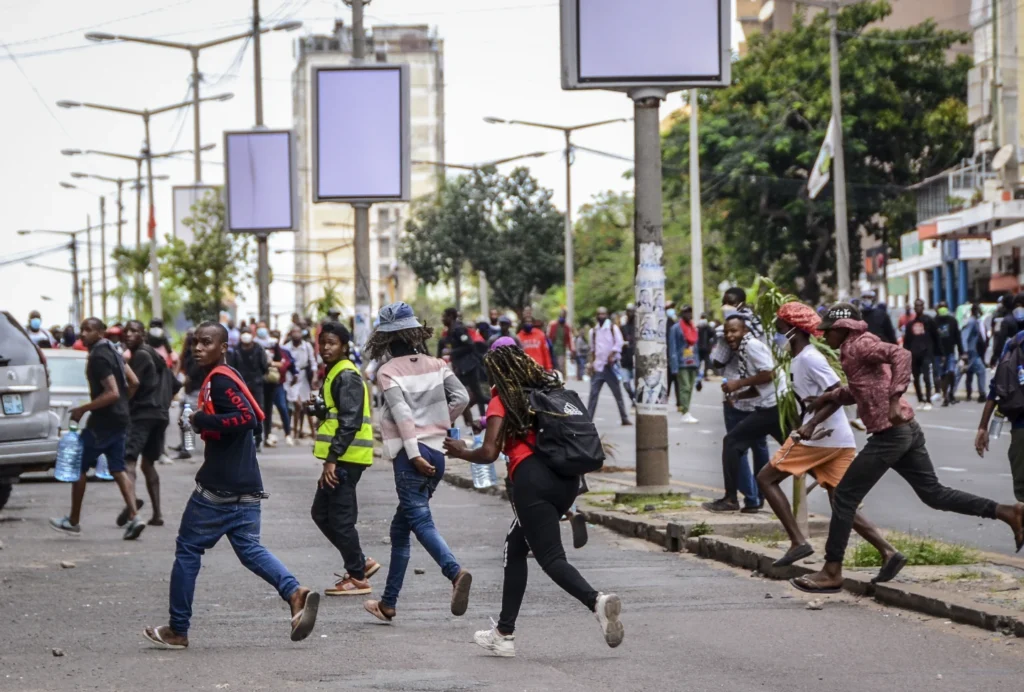
Mondlane, who garnered 20% of the presidential vote, has reportedly fled Mozambique following the deaths of two of his aides just before the election results were declared.
The outcome announced by the Mozambique Electoral Commission showed Frelimo’s candidate, Daniel Chapo, winning with more than 70% of the vote. Opposition parties Renamo and Podemos have lodged complaints, accusing the ruling party of rigging the election.
The crisis deepened when 15 employees from Mozambique’s border post crossed into South Africa, seeking refuge and protection.
“They say that the protesters are on the way and have just passed the area where they process the trucks and some of the travelers. They looted everything there, they took computers and they looted the trucks, the situation is just bad.”
Mike Masiapato, the Border Management Agency’s commissioner.
Government Faces Criticism Over Response
The Mozambican government has faced harsh criticism from human rights groups, which have described its response as one of the most severe crackdowns in recent years. Authorities have accused the protestors of attempting to overthrow a legitimately elected government and have threatened military intervention to suppress the demonstrations.
South Africa’s international relations minister, Ronald Lamola, appealed for peace and urged both sides to avoid further violence. “South Africa expresses concern at the outbreak of incidents of post-electoral violence and regrets the loss of lives and destruction of property,” Lamola said.
Internet services in Mozambique have been disrupted since last Friday, further fueling fears that authorities are attempting to stifle information and control the narrative surrounding the protests.
As the crisis unfolds, Mozambique’s Constitutional Council holds the crucial role of verifying the election results and addressing the disputes raised by opposition parties.
The ongoing tensions highlight the fragile state of democracy in Mozambique and the regional implications of its domestic turmoil.
South Africa’s swift decision to close its border reflects the severity of the situation and concerns for safety spilling over into neighboring countries. Observers will now be closely watching the response from both the Mozambique government and the opposition, as well as international calls for calm, to see if peace can be restored or if the country will plunge deeper into unrest.
READ ALSO: NDC Urges Ghanaians to Choose Change in December 7 Election

